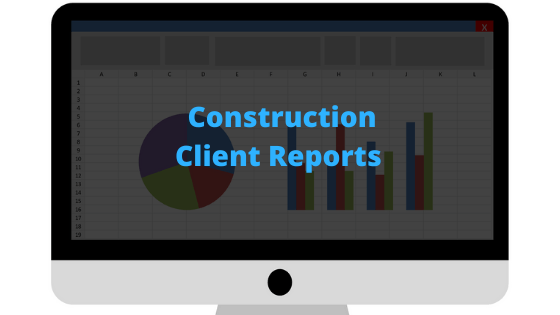What is Project Scheduling
Construction project scheduling is integral to the successful management and execution of construction projects. By effectively managing time, allocating resources, sequencing tasks, controlling costs, mitigating risks, and facilitating communication, scheduling contributes to improved project outcomes, timely completion, and client satisfaction.
Project scheduling comprises key components that work together to create a comprehensive and detailed plan that guides the successful execution of construction projects within defined timelines. Key Components of Construction Project Scheduling include:
Activity Identification and Sequencing
Activity identification involves breaking down the construction project into specific tasks or work elements. These activities should be defined in a way that allows for clear understanding and measurement of progress. Once activities are identified, they are sequenced based on their logical relationships and dependencies. This sequencing ensures that activities are performed in the correct order, considering any prerequisites or constraints.
Duration Estimation
Duration estimation involves determining the time required to complete each activity in the schedule. It requires considering various factors such as labour productivity, resource availability, and any external constraints or limitations. Accurate duration estimation is crucial for developing a realistic and achievable project schedule. It helps in identifying critical activities and ensures that project timelines are feasible and attainable.
Resource Allocation
Resource allocation involves assigning the necessary resources to each activity in the schedule. These resources may include labour, materials, equipment, and subcontractors. Effective resource allocation ensures that the required resources are available when needed, preventing delays and optimizing resource utilization. It is essential to consider resource availability, skill sets, and any limitations or conflicts that may arise during resource allocation.
Critical Path Analysis
Critical path analysis is a technique used to identify the longest sequence of dependent activities in a construction project schedule. This sequence, known as the critical path, determines the project’s overall duration. Activities on the critical path have no slack or float time, meaning any delay in these activities will directly impact the project’s completion date. By identifying the critical path, project managers can prioritize activities, allocate resources accordingly, and focus on managing potential bottlenecks.
Schedule Control and Monitoring
Schedule control involves regular monitoring and adjustment of the construction project schedule throughout its lifecycle. It includes tracking the progress of activities, comparing actual performance against planned performance, and making adjustments as necessary. By monitoring the schedule, project teams can identify any deviations or delays and take corrective actions to keep the project on track. Schedule control ensures that the project stays within the defined timeline and helps in effective project management.
Schedule Communication
Effective communication of the construction project schedule is crucial for successful project execution. It involves sharing the schedule with all stakeholders, including project team members, subcontractors, suppliers, and clients. Schedule communication facilitates coordination and collaboration among stakeholders, ensuring everyone is aware of project timelines, milestones, and dependencies. It allows for better planning, resource allocation, and decision-making throughout the project.






